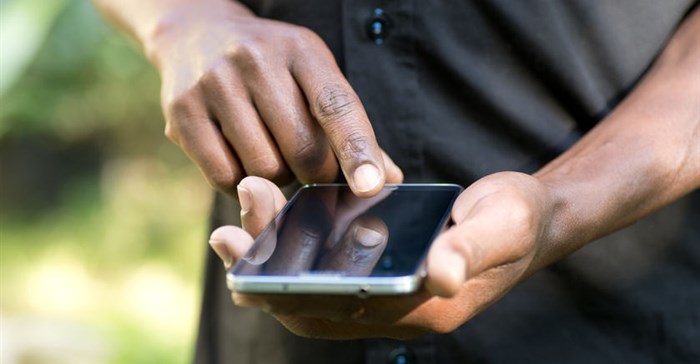SA mobile data costs among world's most expensive

The research was conducted by identifying data contract prices from the leading mobile network operators in other BRICS-member countries (namely, Brazil, Russia, India, China) as well Kenya and Australia. These prices were compared against the average data contract prices across all of the South African mobile network operators.
Tariffic says it understands that you cannot simply convert the prices of the various data contracts to rands to get comparable results, as this does not take into account the cost of living in the various countries. As an example, spending R10 in South Africa is worth a lot more to South Africans than the equivalent of R10 is worth to people in China. In order to ensure that the company compared apples-with-apples, all figures were rebased against the 'Cost of Living index'.
Daylight robbery
The company’s analysis shows that, once prices were converted to rands and re-based for the Cost of Living, South Africa was consistently the second most expensive for 1 GB, 2 GB, and 3 GB data contracts, with Brazil being the most expensive in all three cases. Data prices for South Africa were on average 134% more expensive than the cheapest prices in the group.
Tariffic’s CEO, Antony Seeff, agrees with DJ Thabo Molefe – who is leading the social media campaign #DataMustFall – that South Africa’s data prices are “daylight robbery”. According to Seeff, “data has become a necessity in South Africa and is used for education, social services, and communication.” He continues, “We have seen that data prices in South Africa are still more expensive than five of the other comparable countries in our study, and we implore mobile network operators, ICASA, and even government to do whatever they can to ensure that data prices do fall.”
Internet access a human right
Research conducted by Research ICT Africa has shown that users, especially those in the lower income category, are spending significant portions of their income (around 20%), on relatively small amounts of data (1GB). Tariffic comments on these findings, saying “how can one be expected to pay for accommodation, transport, food, and other living expenses when you’re forced to pay 20% of your income on data?” The company commented that data is becoming a “human right” and that access to the internet is a necessity in today’s society and should easily and affordably accessible by any and all South Africans.
Over the years, as technology has progressed from 2G to 4G, data speeds have increased exponentially and, at the same time, websites and apps are using significantly more data than they did a few years ago. Seeff comments that “your 1 GB of data won’t get you as far as it would have a few years ago, and you would expect the prices to come down accordingly so that users will, at a minimum continue getting the same value for the same price. However, data prices haven’t come down to nearly the same degree over the years.”
Unfortunately, data prices won’t fall overnight, and Seeff has provided some advice to those cellphone users who are spending too much on data. “The biggest pitfalls when it comes to data is to make sure you’re on the right data packages and/or bundles, and to ensure that you don’t go out of bundle.” He adds that Telkom and Cell C offer data packages that are substantially more affordable than those from MTN and Vodacom and that add-on data bundles can be bolted-on to a contract at any time, saving you from Day 1.





















